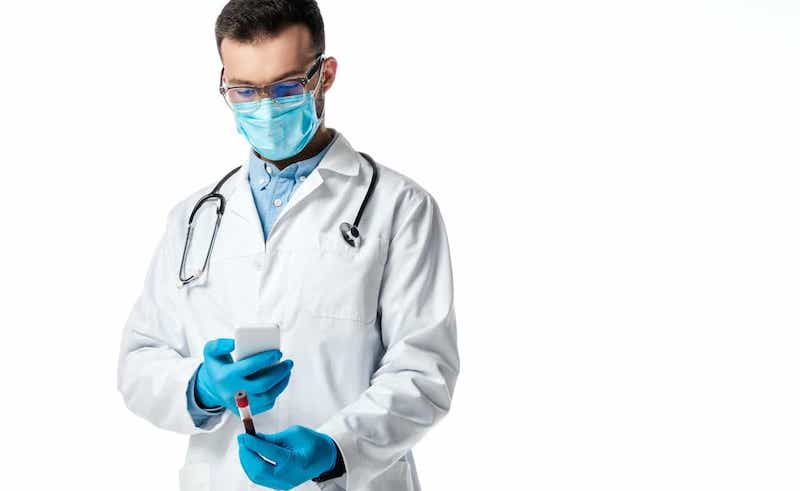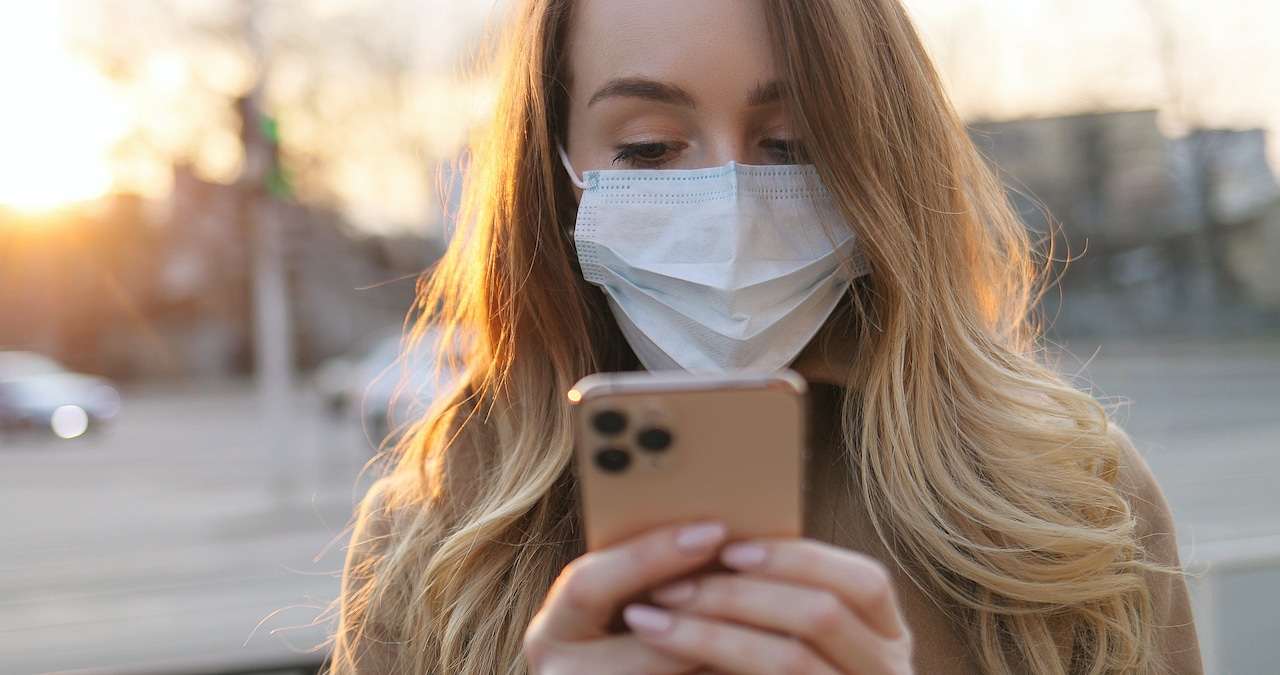The fundamental step to contain the pandemic emergency from Covid 19 has been taken with vaccines. Developed in record time (and yet very safe, with all due respect to the disinformation campaign still active), they have contained the spread of the disease and above all mitigated the severity of the effects.
Now that the aggressiveness of the disease has certainly decreased, we are trying to develop different smart and do-it-yourself strategies, to allow simple and safe monitoring of your health conditions.. Tampons for domestic use, for example, are now in daily use, thanks also to their finally controlled cost.
But it is the technological solutions that are being viewed with more and more interest. For example, to combat Covid, an app was developed that can detect any positivity through the voice.
Let’s find out how the application works, who developed it and what technology it is based on.

Covid: the app that reveals positivity from the voice
It is well known that in the hardest months of the Covid pandemic, apps have been used in many countries to track contacts.
But now a big step has been made: an application would allow to establish the possible positivity from Coronavirus simply by voice.
This is stated by a group of researchers from the Institute of Data Science at Maastricht University in the Netherlands.
The team has in fact developed an application that, thanks to artificial intelligence, determines by voice whether a person has Covid or not. And it does so with 89% accuracy, as Wafaa Aljbaw explains in research published on Monday, September 5.
A safe and economical method
Speaking of do-it-yourself nasal swabs, several studies speak of a reliability of just over 50%.
The Covid test via app, presented at the International Congress of the European Respiratory Society in Barcelona, would therefore be much safer but also cheaper. And it could therefore be widely used in developing countries.
Recall that a few weeks ago MIT had already developed a test for Covid based on an app. Which in that case gives an accurate estimate of the patient’s antibody level.
How the test works
The team created the app based on data from the Covid-19 Sounds app, developed by the University of Cambridge. And containing 893 audio samples from 4,352 healthy and sick participants, of which 308 Coronavirus positive.
The app is based on the fact that Covid, by infecting the respiratory tract, affects the vocal cords and the larynx and consequently the voice. The application first of all requires some basic information on the user’s demographic data, in addition to the medical history and any condition of a smoker.
The test participants were then asked to cough three times, breathe deeply through the mouth three to five times, and read a short sentence on the screen three times. Researchers from Maastricht University’s Institute of Data Science then used a speech analysis technique called the Mel Spectrogram to identify certain characteristics of the voice such as volume, variation and power. And above all to understand whether or not we are in the presence of positivity from Covid-19.
The comment of the researchers
Wafaa Aljbaw, who was part of the project, intervened on the app that identifies Covid through the voice and its alterations.
Aljbaw said: “These results show a significant improvement in the accuracy of COVID-19 diagnosis compared to antigenic tests such as the lateral flow test.
This test can have a sensitivity of 56%, but a specificity rate of 99.5%. This is important as it means the lateral flow test incorrectly classifies infected people as COVID-19 negative more often than our test. In other words, with the app we could lose 11 out of 100 cases that would have continued to spread the infection, while the lateral flow test would be for 44 out of 100 cases.
The rapid test’s high specificity means that only one in 100 people would be wrongly classified as positive for Sars-CoV-2 when, in fact, it was not, while the AI-based test would misdiagnose 17 in 100 uninfected people as positive. . However, since this test is practically free, it would be possible and sustainable to send these people for control PCR tests ”.
The app for quick screening
Wafaa Aljbaw continues: “These results suggest that voice recordings and improved artificial intelligence algorithms can potentially achieve high accuracy in determining which patients have the infection. They could be used, for example, at entry points for large gatherings, allowing for quick screening“.















Leave a Reply
View Comments